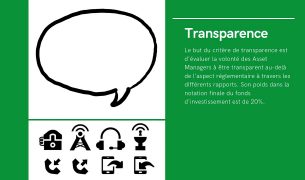
PI²4 2020-2021 : 4-th year project 2020-2021 ► https://bit.ly/2NtRKuL As part of our 4th year PI² at ESILV, we were asked to work on an “ESG-compliant Investments evaluation” yearly project. ESG criteria (Environment, Social, and Governance) have been established as the pillars of responsible and sustainable investment in the financial sector. Purely financial aspects are […]
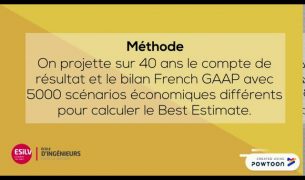
5th-year project 2019-2020 • ESILV • PI²5 ►https://bit.ly/2L323US To begin, let’s define our topic, what is the ICS standard? ICS stands for Insurance Capital Standard. This standard was set up by the IAIS (International Association of Insurance Companies Supervisors) at the request of the Financial Stability Board. The main objective is the preservation of financial […]
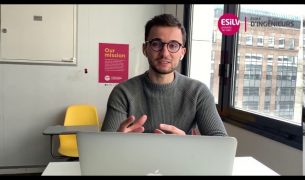
5-th year project 2019-2020 • ESILV • PI²5 ►https://bit.ly/2L323US ? We are Team 36, and this year we created I.A.C.A: Intelligent Automated Comparable Analysis. The problem we have observed is that actually there are very few tools that allow us to perform free analyses, or to collect data that will enable us to compare companies […]

5-th year project 2019-2020 • ESILV • PI²5 ►https://bit.ly/2L323US ? Deep Learning is a field of study of artificial intelligence that allows automatic learning based on an extensive database. It has only recently (2010) been democratised in more and more areas, namely market finance. It helps to evaluate the risks that a company would take […]
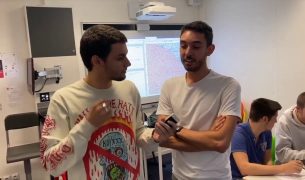
5-th year project 2019-2020 • ESILV • PI²5 ►https://bit.ly/2L323US ? Our project name is “Alto-scholarship”, it’s an Open Source platform that aims to help financial engineering students to increase their programming skills by providing them with an environment favouring the production of various financial projects. Our platform goal is to give students access to an […]

4th year project, engineering school, class of 2017 Olivier Pigeon – Raphaël Pelat – Yassine Abdelkader Their project The main objective of the project was to quantify the impact of Contingent Convertible Bonds (Coco bonds) on systemic risk. In a baseline scenario where a shock to the market is simulated using the cirrent debt structure […]
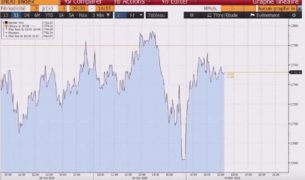
4th year project, engineering school, class of 2017 Corentin Leprael – Damien Bonnel – Luc Rouas – Christian Mosimi Their project Based on different financial index backset, we used the two methods of mean reversion and trend following to predict if the index is more mean reverting or trend following. We collected the closed and […]
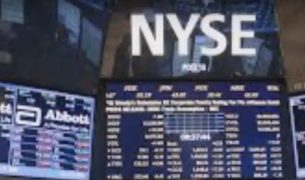
4th year project, engineering school, class of 2017 Jeritiana Bizerai – Hawa Sy – Ngoc Anh Truong Their project Our goal was to establish one or more software program which would allow people to manage their portfolio thanks to momentum strategy. We also had to consider the frequency of the use of momentum strategy in […]

4th year project, engineering school, class of 2017 Myriam Dali Ali – Terry Pasquet – Sarah Mrabet – Mehdi Tahri Their project We had to do an analysis of Bitcoin prices by studying its correlation or co-integration with other currencies or investment goods.

4th year project, engineering school, class of 2017 Yacine Belgacem – Mégane Holes – François Lebon – Antoine Palacin – Naïra Saidali Their project Markowitz is a method that consists in selecting assets, in order to build a portfolio with the best efficiency possible, as saying a maximum return with lowest risk. Therefore, this optimized […]
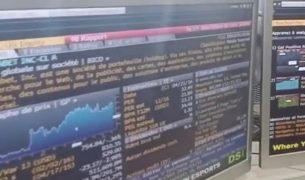
4th year project, engineering school, class of 2017 Jenani Nadarajan – Guillaume Manzano – Naraini Masilamany – Fabien Dousse Their project The students had to work on an app using C# language that would enable the remote use of financial software Bloomberg.

4th year project, engineering school, class of 2017 Victor Soulet – Brian Piorkowski – Kevin Ramamourthy – Aurélien Louaas Their project Our Pi2 project was to build a low volatility market neutral strategy with the help of our mentor Mr Martino Grasselli. The first step of the project was to recover a lot of data […]
